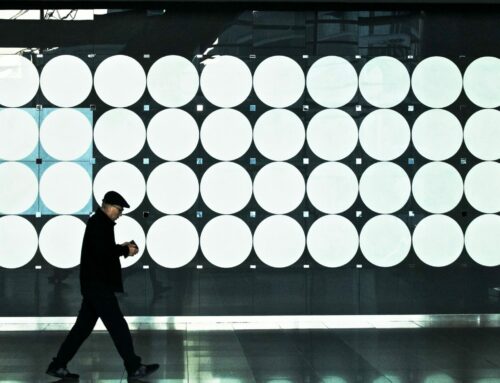The principle of relativity of contracts contained in article 1.257 of the Spanish Civil Code implies that contracts only produce effects between the parties that sign them, so they cannot affect who was not involved in their execution. However, on certain occasions this principle may have exceptions.
The Spanish Supreme Court has ruled in this regard, in its judgment No. 494/2022, of June 22, 2022, in an appeal filed by the second purchasers of a home who sued a developer entity for failing to comply with the provisions of the quality memories.
The developer alleged, based on the principle of relativity of contracts, the lack of legitimacy of the plaintiffs for being the second purchasers of the home and not having contracted directly with them. However, the Supreme Court indicates that the effects of the relativity of contracts must be considered in a specific and determined manner, and not in a general way, so in cases such as contracts referring to obligations by reason of the thing, it is accepted that contracts may have indirect, reflected or mediate effectiveness for third parties who must respect created legal situations. Thereby, the obligations of the promoter or seller of a home must be maintained against the second or successive purchasers due to construction defects.
With this argument, the Spanish Supreme Court rules in favor of the appellants, even though they are second purchasers, declaring that they are entitled to claim the defects found from the developer, to the extent that they derived this right from the previous owners when purchasing the home.




